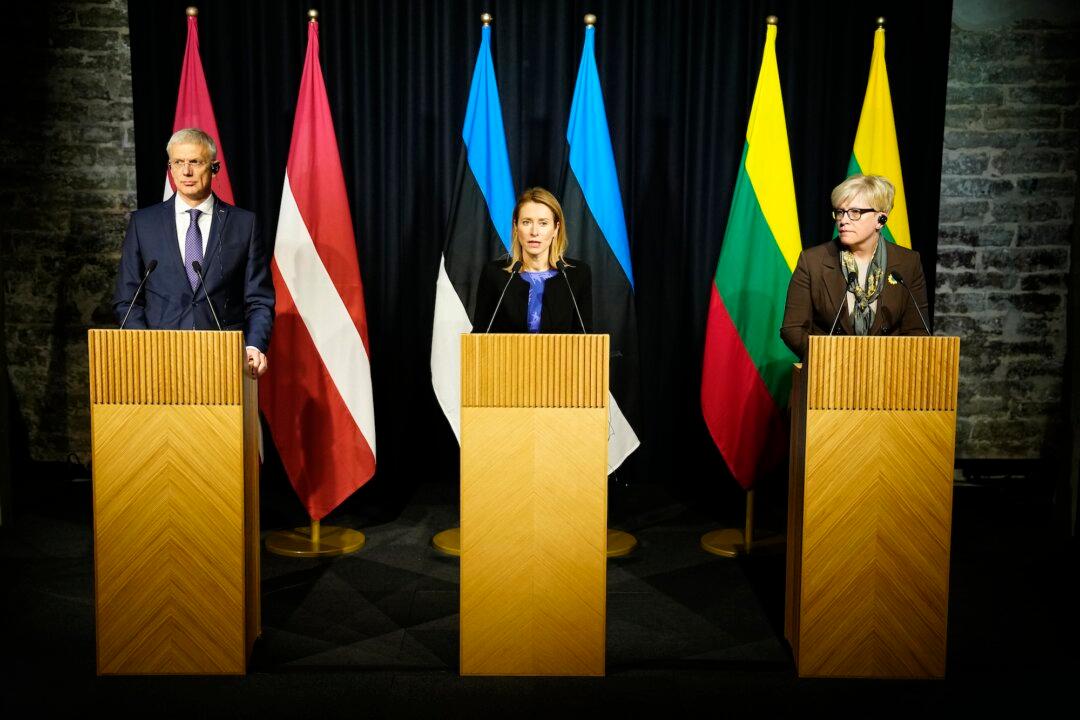The electricity transmission system operators (TSO) of Estonia, Latvia, and Lithuania have formally notified Russia and Belarus of their plans to decouple from a Moscow-controlled electricity system, citing the expected benefits of greater reliability and energy security.
The Baltic countries stopped buying electricity from Russia following its invasion of Ukraine. The move to delink from the Russian grid and instead connect to the main continental European energy network amounts to an even more decisive move to cut ties.





